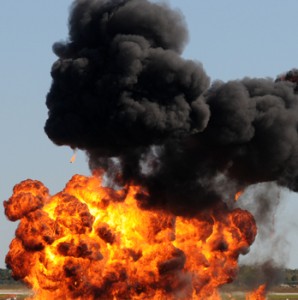On Monday, Governor Jack Dalrymple took steps to strengthen the state's regulatory oversight on crude pipelines by signing House Bill 1358.
This legislation provides $1.5 million for a study of pipeline technology and gives the state greater authority to regulate construction.
After a series for accidents involving leaks and accidents, Gov, Dalrymple sought help from the federal Pipeline and Hazardous Materials Safety Administration in order to help fund university research in pipeline safety.
Related: PHMSA Offers Pipeline Safety Grants
“Gov. Dalrymple offered a statement, saying that “This legislation builds on our ongoing work to enhance pipeline safety in North Dakota. With this bill’s passage, North Dakota will require significantly more from pipeline builders and operators. At the same time, the state has significantly expanded its pipeline reclamation fund so that we can also resolve land and water restoration needs that are more than 30 years old.”
The issue of pipeline safety and environmental concerns have increased as more oil has been produced in the United States and producers must find ways to move the product. TransCanada Corporaiton has been working since 2008 to get approval to extend the Keystone, allowing another 800,000 barrels of petroleum to flow from the Bakken region to the Gulf Coast.
Related: Obama Issues Keystone Pipeline Veto
Read more at legis.nd.gov





